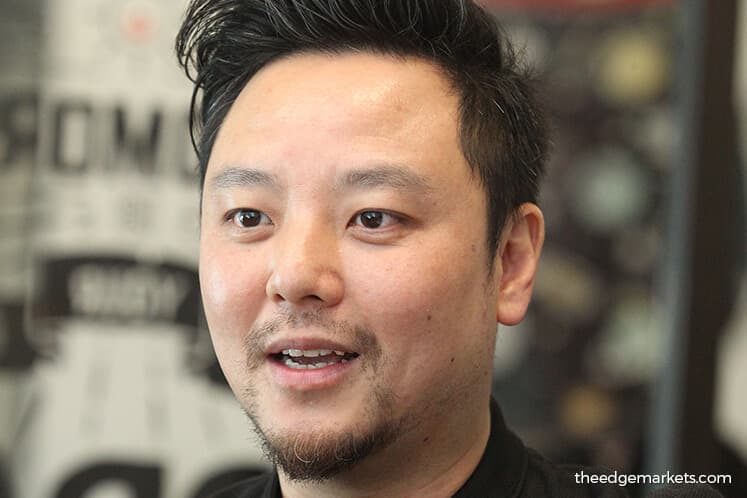
If Malaysians are to return to work eventually, there has to be an easier way of testing to see whether they have the Covid-19 virus and are simply one of the asymptomatic carriers who could potentially infect their colleagues.
Hospitals dealing with the crisis are currently inundated and Persons Under Investigation, or those who have had direct contact with patients who have been tested positive for the virus, are given priority. The home testing kits at RM700 per test are expensive and beyond the reach of most, especially at a time like this, when people are conserving cash.
Blinkware Technology Sdn Bhd founder and CEO Alvin Koh thinks Malaysian companies should work with the government, using the most advanced artificial intelligence and machine learning technologies in the country to come up with solutions.
His company is a case in point. It developed AI-powered computer vision technology for the manufacturing sector using 2D web cameras (to bring down the cost for the industry). This technology is used to automate visual inspection, which cuts down on the need for quality control personnel.
Of late, Blinkware has been working to modify its engine to process X-ray images of teeth and come up with automated reports in five seconds. Currently, this process can take up to an hour because the dentist has to scan the X-ray and write the report manually.
The company has worked with dentists in Australia and collected more than 500 dental X-rays and reports to feed into its engine. As the engine has a machine learning component, it becomes smarter and more able to recognise problems in a patient’s dental work with each additional X-ray and report.
“We thought, ‘Why not adapt this technology to scan a patient’s lungs? This engine could be utilised as a first line of defence to detect Covid-19 by feeding into it the images of the lungs of patients who have been tested positive for the virus,” says Koh.
Just by reading the X-rays of the lungs, the engine will be able to detect whether a patient has been infected by Covid-19 as there will be specific indications on the lungs of those who have it.
Koh points out that there are many people who feel slightly unwell and are worried that they may be asymptomatic carriers. They want to be tested, but the government testing capacity is severely limited and they find the home test kits too expensive.
There could be many asymptomatic carriers going around, clueless about their condition and infecting other people. The government is reluctant to call off the MCO because of these potential carriers while offices are hesitant to reopen for the same reason.
A solution like the one Koh is proposing, which could be deployed cost-effectively to all clinics in Malaysia, could act as a first line of defence. This way, companies could test their employees and allow those who are clearly not infected to go back to work.
But to develop this product further, Blinkware will need to work with a hospital that has been dealing with Covid-19 cases. “If we can obtain the X-rays of Covid-19 patients, it will speed up the process of developing this technology and potentially trialling it in live environments,” says Koh.
“What we envisage is that this platform could be used in clinics across Malaysia to enable all citizens to have a test done as a first line of defence. We all need to go back to work at some point. So, those who test negative could potentially go back while those who are positive can be isolated immediately and sent to a hospital to have the proper test done.”
Koh believes that only with the intelligent use of technology in applications such as these will the country be able to come out of this pandemic, resume normal economic activity and start the process of rebuilding Malaysia’s much-battered economy.